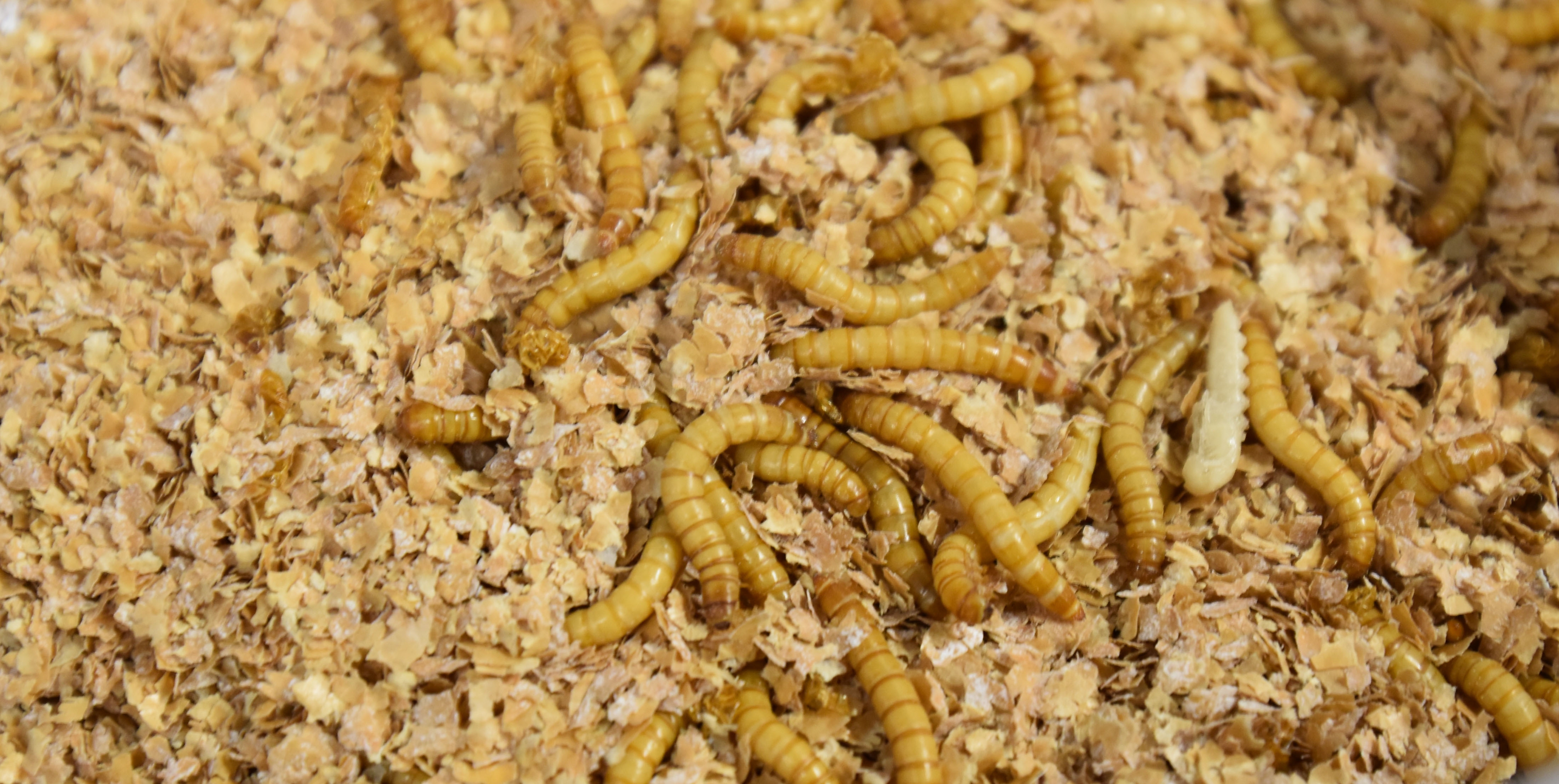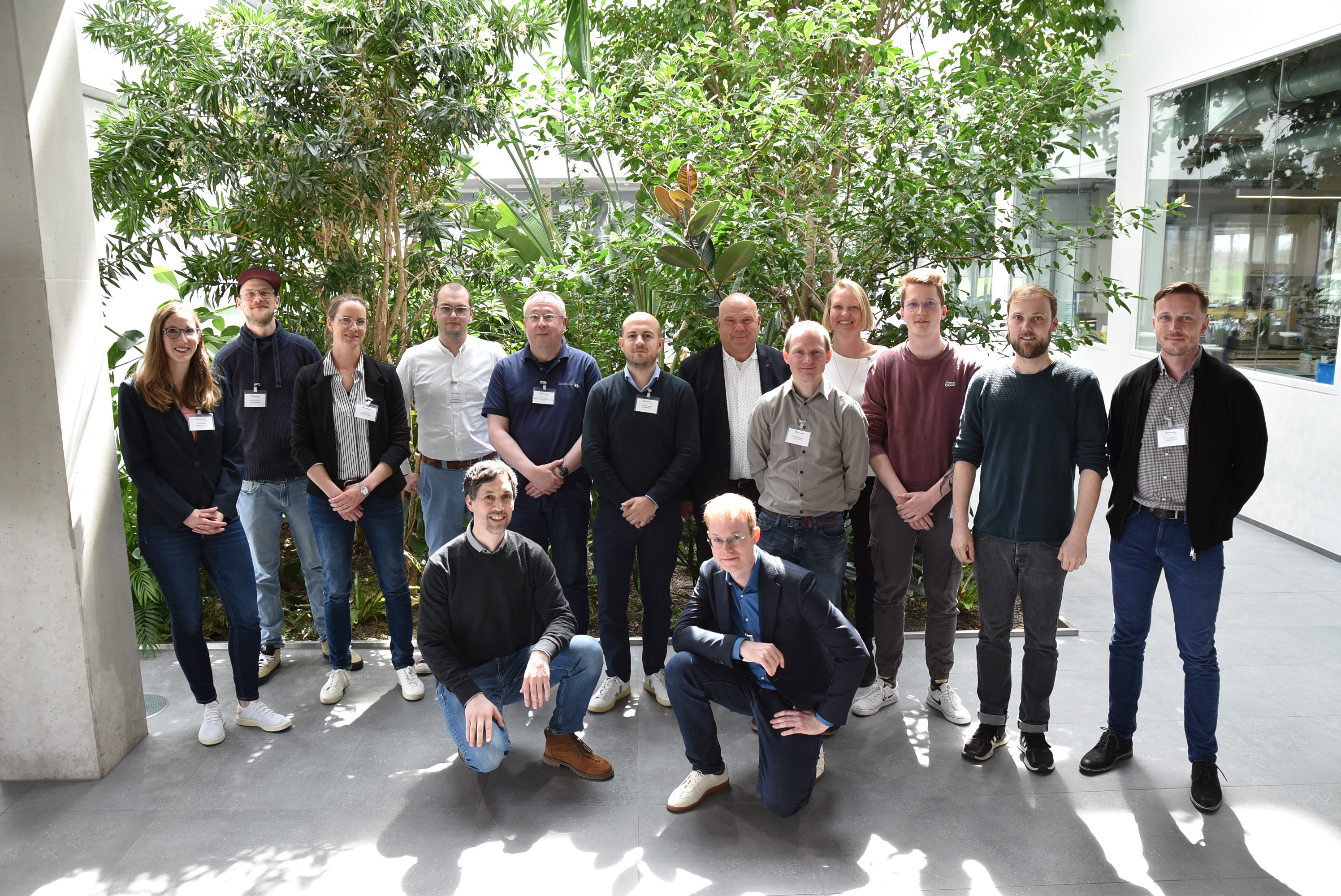Problem and Motivation
A new industry is currently emerging in Germany in the production of insects and insect proteins for food and animal feed. This industry offers great potential for the transformation to a sustainable and circular economy. To date, insect production has been cost-intensive due to the high amount of manual labour involved and the lack of standards. This is where the SensInsects research project comes in, in order to characterise qualitative features of insects and insect meal, such as colour or physiological composition.
Characterisation is also made possible by sensor technology that can be used economically by SMEs. The products are categorised into quality classes, taking food and feed standards into account. An automated and reliable qualitative categorisation of insect products is ensured within the SensInsects research project by combining certain sensory modules. These modules can also be used as a basis for further automation tasks in insect breeding. A demonstrator for the automated quality determination of insects and insect meal is being developed as part of the project.
Based on the quality grades, a processing guide will be provided by SensInsects to enable SMEs to meet quality standards when processing insects into insect meal. Both the processing guide and the quality grades will create much-needed standards to reduce the cost of insect production and increase consumer confidence. SensInsects therefore offers promising options for German companies wishing to gain a foothold in this emerging industry.
 Fraunhofer Institute for Molecular Biology and Applied Ecology IME
Fraunhofer Institute for Molecular Biology and Applied Ecology IME
